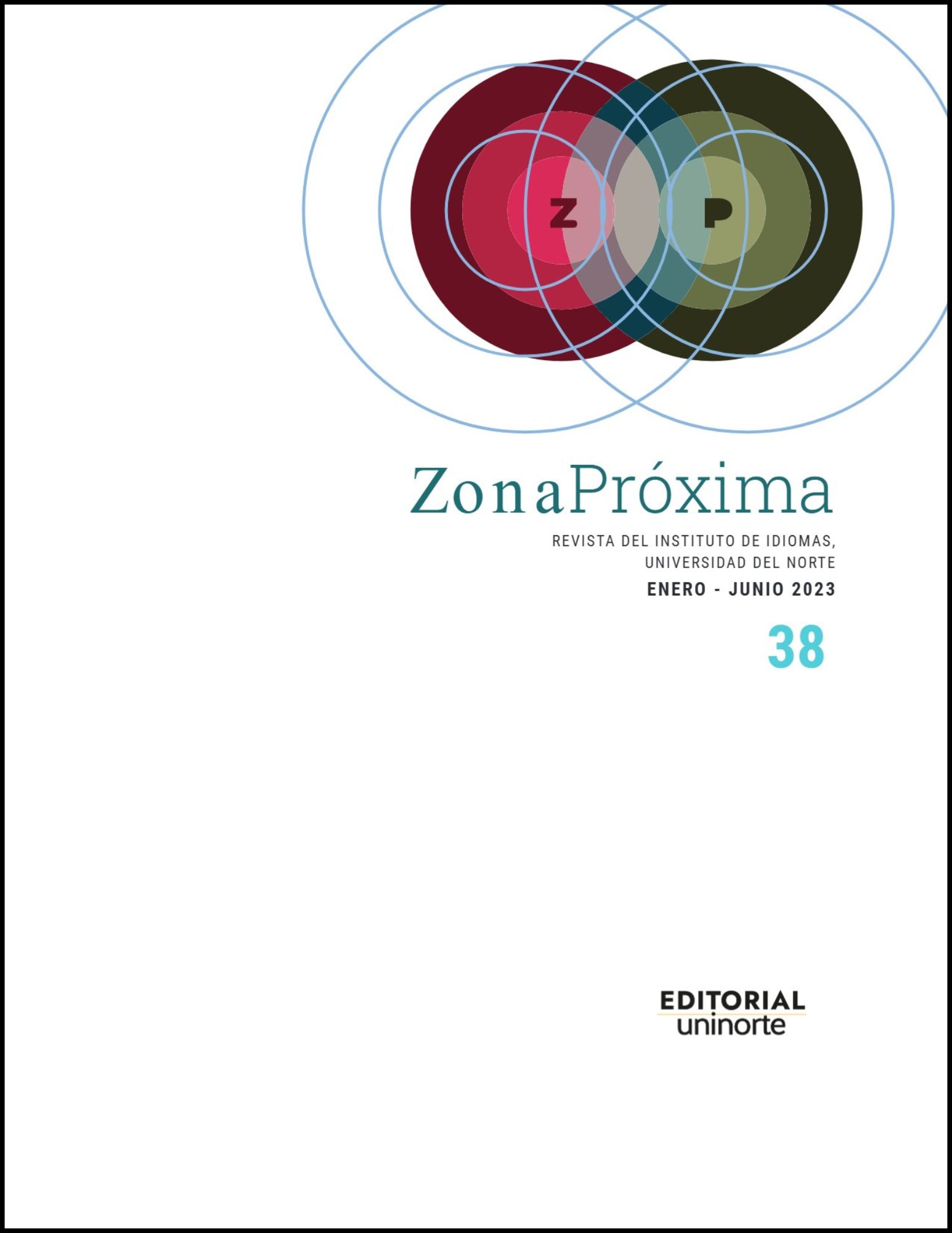Abstract
Objective: This article intends to reveal the hermeneutics of language, implicit in the conception of sociocultural realities, in order to reveal its main configurations. Methodology: From a theo- retical review, conceptual topics are demarcated from the epistemic vision of the hermeneutics of language in the sociocultural framework. Findings: There are complex sociocultural realities, which are knowable - always provisionally, and the hermeneutics of language constitute a reading base that reveals the structures and functioning of said complexity - built from the beginning of the system - where the thematic reality is environment and, from the beginning of systemic circularity, changes in one subsystem impact others, and, therefore, other environments, which increases social complexity and accentuates established hegemonic discourses. Conclusion: The hermeneutics of language, from its theoretical constructs and methodological foundations, allow for the revelation of the complexity of sociocultural processes, showing that reality itself will always be more complex than theoretical models made to understand it.
References
Barthes, R. (1987). El Susurro de la Lengua. Barcelona: Paidós comunicación.
Berger, P. y Luckmann, T. (1998). La construcción social de la realidad. https://zoonpolitikonmx.files.
wordpress.com/2014/09/la-construccic3b3n-social-de-la-realidad-berger-luckmann.pdf
Bourdieu, P. (1990). Sociología y cultura (Trad. M. Pou). México: Grijalbo
Bourdieu, P. (1997). Espacio social y espacio simbólico. Introducción a una lectura japonesa de la distinción. En I. Jiménez (Coomp.), Capital cultural, escuela y espacio social (Trad. I. Jiménez, pp. 23-40). México: Siglo XXI.
Bourdieu, P. (1999). La alquimia simbólica. En P. Bourdieu, Razones prácticas sobre la teoría de la acción (Trad. T. Kauf, 2a ed., pp. 168-172). Barcelona: Anagrama.
Bruner, J. (2000). La educación, puerta de la cultura. Madrid: Visor.
Canales, M. y Peinado, A. (1999). Grupos de discusión. En Métodos y técnicas cualitativas de investigación en ciencias sociales. Gutiérrez y Delgado (Coords). Madrid: Síntesis.
Eco, U. (1990). Semiótica y Filosofía del Lenguaje. Barcelona: Lumen.
Eco, U. (1992). Los Límites de la Interpretación. Barcelona: Lumen
Eco, U. (2000). Tratado de Semiótica General. Introducción; Hacia una Lógica de la cultura. Límites Naturales: Dos definiciones de Semiótica (5a ed.). Barcelona: Lumen,
Gadamer, H. (1986). Verdad y Método. Salamanca: Sígueme.
García, N. (2005). Culturas híbridas: estrategias para entrar y salir de la modernidad. Barcelona: Paidós.
Geertz, C. (1994). Conocimiento Local. Barcelona: Paidós.
Goffman, E. (1959). La presentación de la persona en la vida cotidiana. Buenos Aires: Editores Amorrortu.
Habermas, J. (1999). Teoría de la acción comunicativa. Madrid: Taurus.
Habermas. J. (2000). Lógica de las Ciencias Sociales. Madrid: Tecnos.
Luhmann, N. (1998). Sistemas sociales. Barcelona: Anthropos.
Maturana, H. (1995). Del ser al hacer. Los orígenes de la biología del conocer. Buenos aires.Granica. Morin, E. (1993). El método de la naturaleza. Madrid: Ediciones Reivos.
Navarro, P. & Díaz, C. (1.999). Análisis de contenido. En Métodos y técnicas cualitativas de investigación en ciencias sociales. Madrid: Síntesis.
Pedroni, A. (2000). Semiología, un acercamiento didáctico. Guatemala: Universidad Mesoamericana.
Ricoeur, P. (1985). Hermenéutica y acción. Buenos Aires: Editorial Docencia.
Ricoeur, P. (1982). Corrientes de la Investigación en Ciencias Sociales. Tomo 4 Filosofía. Madrid: Unesco -Tecnos.
Saussure, F. (1994). Curso de Lingüística General (12a ed.). Barcelona y Buenos Aires: Planeta-Agostini.
Sebreli, J. (1992). El asedio de la modernidad: Critica del relativismo cultural. Barcelona: Ariel.
Velásquez, C. (2008). Semiología del Mensaje Estético (3a ed.). San José Villa Nueva Guatemala: Eco Ediciones.


